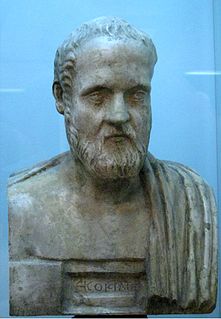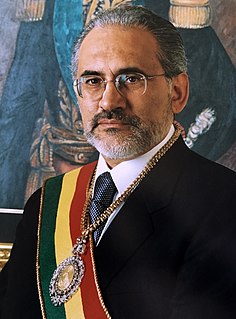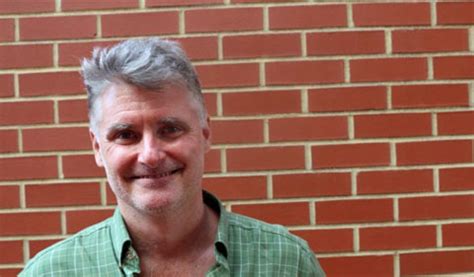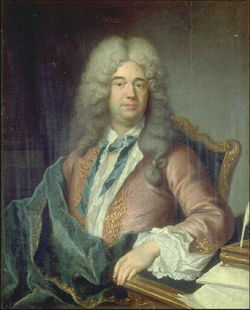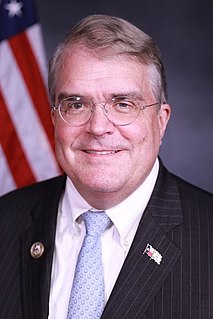A Quote by Jack Kevorkian
[Persons] who are recognized as citizens in any one state of the Union [have] the right to enter every other state, whenever they pleased... full liberty of speech in public and in private upon all subjects upon which its own citizens might meet; to hold public meetings upon political affairs, and to keep and carry arms wherever they went.
Related Quotes
Those who directed the state in the time of Solon and Cleisthenes did not establish a polity which ... trained the citizens in such fashion that they looked upon insolence as democracy, lawlessness as liberty, impudence of speech as equality, and licence to do what they pleased as happiness, but rather a polity which detested and punished such men and by so doing made all the citizens better and wiser.
Your constitution guarantees to every citizen, even the humblest, the enjoyment of life, liberty, and property. It promises to all, religious freedom, the right to all to worship God beneath their own vine and fig tree, according to the dictates of their conscience. It guarantees to all the citizens of the several states the right to become citizens of any one of the states, and to enjoy all the rights and immunities of the citizens of the state of his adoption.
A state that denies its citizens their basic rights becomes a danger to its neighbors as well: internal arbitrary rule will be reflected in arbitrary external relations. The suppression of public opinion, the abolition of public competition for power and its public exercise opens the way for the state power to arm itself in any way it sees fit.... A state that does not hesitate to lie to its own people will not hesitate to lie to other states.
I regard the state of which I am a citizen as a public utility, like the organization that supplies me with water, gas, and electricity. I feel that it is my civic duty to pay my taxes as well as my other bills, and that it is my moral duty to make an honest declaration of my income to the income tax authorities. But I do not feel that I and my fellow citizens have a religious duty to sacrifice our lives in war on behalf of our own state, and, a fortiori, I do not feel that we have an obligation or a right to kill and maim citizens of other states or to devastate their land.
Since the whole city has one end, it is manifest that education should be one and the same for all, and that it should be public, and not private - not as at present, when every one looks after his own children separately, and gives them separate instruction of the sort which he thinks best; the training in things which are of common interest should be the same for all. Neither must we suppose that any one of the citizens belongs to himself, for they all belong to the state, and are each of them a part of the state, and the care of each part is inseparable from the care of the whole.
A democratic public forms when citizens gather together to deliberate and make public judgments about local and national issues that affect their lives. By associating together for public discussion, citizens learn the skills necessary for the health of a democratic public; listening persuading, arguing, compromising, and seeking common ground. When these skills are nurtured within the institutions of a democratic public, citizens educate themselves in order to make informed political decisions.
Whenever a single definite object is made the supreme end of the State, be it the advantage of a class, the safety of the power of the country, the greatest happiness of the greatest number, or the support of any speculative idea, the State becomes for the time inevitably absolute. Liberty alone demands for its realization the limitation of the public authority, for liberty is the only object which benefits all alike, and provokes no sincere opposition.

